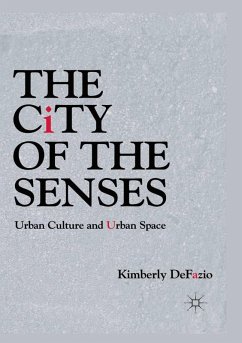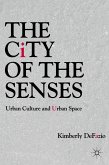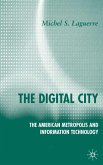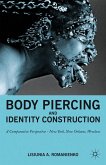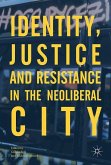Offers an innovative, interdisciplinary approach which opens up new ways of understanding urban culture and space. The author approaches the city as essentially a 'material' place where people live, work, and participate in social practices within historical limits set not by sensory experience or cultural meanings but material social conditions.
"The City of Senses is a timely contribution to understanding the 'geography of labor' and its relation to the injustices facing working people across the globe. DeFazio opens up our senses - to become more acutely aware - of how capitalist relations of production eclipse human needs in the overwhelming panorama of consumption and greed we know as neoliberal capitalism. A precise and thorough undertaking that offers a materialist reading of social practices often relegated to the cultural realm, this is critical theory at its best." - Nathalia E. Jaramillo, Assistant Professor, Educational Studies and Cultural Foundations, Purdue University
"The City of the Senses is genuinely path-breaking. Its argument is not just a timely intervention in ongoing debates about the city but a comprehensive challenge to contemporary urban theory. DeFazio's analysis and argument are magisterially informed, offering transformative interpretations of texts and films from Wordsworth's poetry to Dickens' Hard Times; from Kant and Lyotard to Ikea furniture and Lost in Translation. A lasting contribution to our understanding of the relationship of culture to society." - Julian Markels, Ohio State University, author of The Marxian Imagination: Representing Class in Literature
"The City of the Senses is genuinely path-breaking. Its argument is not just a timely intervention in ongoing debates about the city but a comprehensive challenge to contemporary urban theory. DeFazio's analysis and argument are magisterially informed, offering transformative interpretations of texts and films from Wordsworth's poetry to Dickens' Hard Times; from Kant and Lyotard to Ikea furniture and Lost in Translation. A lasting contribution to our understanding of the relationship of culture to society." - Julian Markels, Ohio State University, author of The Marxian Imagination: Representing Class in Literature

